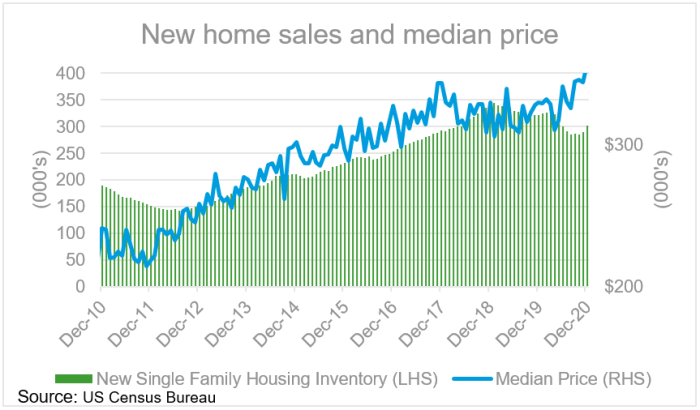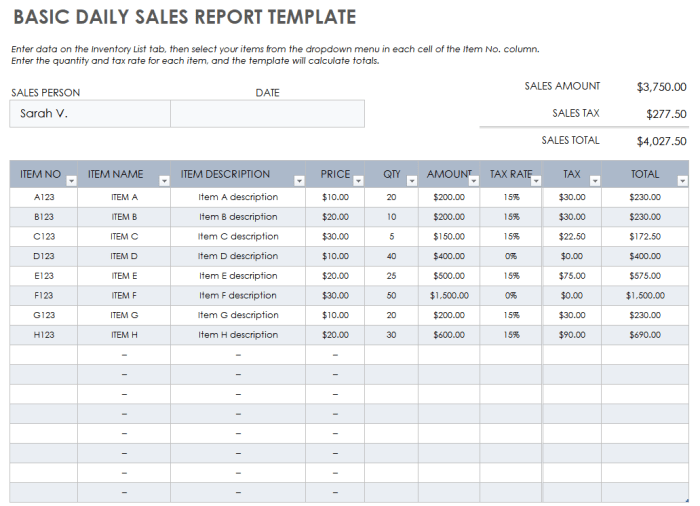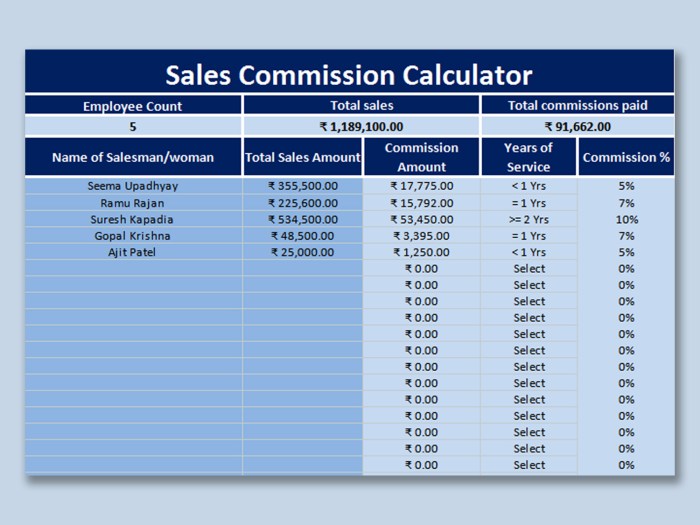Home Sales Contracts: A Comprehensive Guide to Buying and Selling Real Estate
Navigating the complexities of home sales contracts can be daunting, but it doesn’t have to be. This comprehensive guide delves into the legal framework, negotiation strategies, and key clauses involved in these essential agreements, empowering you to make informed decisions throughout your real estate journey.
From understanding the legal obligations of buyers and sellers to negotiating favorable terms, this guide provides practical advice and insights to help you protect your interests and ensure a smooth home sales process.
Legal Framework of Home Sales Contracts
Home sales contracts are legally binding agreements that govern the sale and purchase of real estate. These contracts are subject to a complex legal framework that includes applicable laws, regulations, and common law principles.
The parties involved in home sales contracts are the seller and the buyer. The seller is the owner of the property being sold, while the buyer is the individual or entity purchasing the property. Both parties have specific rights and obligations under the contract.
Typical Provisions, Home sales contract
Home sales contracts typically include a number of provisions that Artikel the terms of the sale. These provisions may include:
- The purchase price of the property
- The closing date, which is the date on which the sale is finalized
- Contingencies, which are conditions that must be met before the sale can be completed
Negotiation and Drafting Home Sales Contracts
Negotiating and drafting home sales contracts involve careful consideration and attention to detail to protect the interests of both buyers and sellers. Here’s a comprehensive guide to help you navigate this crucial process.
Negotiation Process
The negotiation process typically begins with the buyer submitting an offer to purchase the home. The seller may accept, reject, or counteroffer, setting the stage for negotiations. Key strategies for negotiating favorable terms include:
- Researching the market to determine fair value
- Understanding your priorities and deal-breakers
- Being prepared to compromise and find mutually acceptable solutions
Drafting the Contract
Once the terms are agreed upon, it’s essential to draft a clear and comprehensive home sales contract. This document should include the following:
- Names and contact information of the parties involved
- Property description and purchase price
- Closing date and contingencies
- Financing arrangements
- Disclosures and warranties
- Attorney review clauses
Review and Revision
Thoroughly reviewing and revising the home sales contract is crucial to ensure accuracy and completeness. Here are some best practices:
- Carefully read and understand each provision
- Consult with an attorney for professional advice
- Negotiate any necessary revisions or clarifications
- Obtain written approval from all parties involved
Contingencies in Home Sales Contracts
Contingencies are clauses in home sales contracts that allow buyers or sellers to cancel the contract under certain circumstances. They are designed to protect the interests of both parties and ensure that the sale is completed smoothly.Common contingencies include:
- Financing contingency: This contingency allows the buyer to cancel the contract if they are unable to obtain financing.
- Inspection contingency: This contingency allows the buyer to cancel the contract if the home inspection reveals major problems.
- Appraisal contingency: This contingency allows the buyer to cancel the contract if the home’s appraised value is less than the purchase price.
These contingencies give buyers and sellers the flexibility to walk away from the contract if they are not satisfied with the terms. However, it is important to negotiate the contingencies carefully to ensure that they are fair to both parties.
Negotiating Contingencies
The negotiation of contingencies is an important part of the home sales process. Buyers and sellers should work together to come up with contingencies that protect their interests while also allowing the sale to proceed smoothly.Some tips for negotiating contingencies include:
- Be clear about your needs. Before you start negotiating, you should know what contingencies are important to you.
- Be willing to compromise. It is unlikely that you will get everything you want in a negotiation.
- Get everything in writing. Once you have agreed on the terms of the contingencies, make sure to get them in writing.
Contingencies can be a valuable tool for buyers and sellers in home sales contracts. By understanding the different types of contingencies and how to negotiate them, you can help ensure that the sale goes smoothly and that your interests are protected.
Home Sales Contract Clauses
Home sales contracts are complex legal documents that contain a multitude of clauses, each serving a specific purpose and carrying legal implications. Understanding these clauses is crucial for both buyers and sellers to safeguard their interests and ensure a smooth transaction.
In this section, we will delve into the various types of clauses commonly found in home sales contracts, exploring their significance, potential risks, and benefits, and providing examples of how they are interpreted and applied in real-world scenarios.
Representations and Warranties
Representations and warranties are statements made by the seller about the property being sold. Representations are statements of fact, while warranties are promises that certain conditions will be met. These clauses provide buyers with protection against undisclosed defects or misrepresentations about the property.
For example, a seller may represent that the roof is in good condition. If the roof is later found to be defective, the buyer may have a claim against the seller for breach of warranty.
Closing Costs
Closing costs are expenses incurred by both the buyer and seller to complete the sale of a property. These costs typically include fees for title insurance, loan origination, attorney fees, and property taxes.
The allocation of closing costs is often negotiated between the buyer and seller. In some cases, the seller may agree to pay a portion of the buyer’s closing costs as an incentive to sell the property.
Possession
The possession clause specifies the date on which the buyer will take possession of the property. This date is typically negotiated between the buyer and seller and may be subject to certain conditions, such as the buyer obtaining financing or the seller completing repairs.
If the seller fails to deliver possession of the property on the agreed-upon date, the buyer may have legal recourse, such as the right to terminate the contract or seek damages.
Real Estate Agents and Home Sales Contracts
Real estate agents play a crucial role in facilitating home sales contracts, acting as intermediaries between buyers and sellers. They possess expertise in real estate law, market trends, and negotiation strategies, ensuring a smooth and legally compliant transaction.
Agents assist buyers in identifying properties that meet their needs, conducting thorough property inspections, and navigating the complexities of mortgage applications. For sellers, they determine the property’s market value, prepare marketing materials, and manage showings to attract potential buyers.
Duties and Responsibilities of Real Estate Agents
- Provide expert advice and guidance throughout the home sales process.
- Negotiate the terms of the contract on behalf of their clients, ensuring their interests are protected.
- Prepare and review all necessary legal documents, including the home sales contract.
- Coordinate with lenders, title companies, and other parties involved in the transaction.
- Disclose any potential conflicts of interest and act in the best interests of their clients.
Choosing a Reputable Real Estate Agent
Selecting a reputable real estate agent is crucial for a successful home sales process. Consider the following factors:
- Experience and expertise in the local real estate market.
- Strong negotiation skills and a proven track record of success.
- Excellent communication and interpersonal skills.
- Positive client testimonials and industry recognition.
- Professionalism and adherence to ethical standards.
By working with a knowledgeable and ethical real estate agent, buyers and sellers can navigate the complexities of home sales contracts with confidence, ensuring a smooth and legally compliant transaction.
Final Summary
Whether you’re a first-time homebuyer or an experienced investor, this guide serves as your trusted companion, guiding you through the intricacies of home sales contracts. By understanding the legal framework, negotiation strategies, and key clauses, you’ll be equipped to navigate the complexities of real estate transactions with confidence and clarity.









